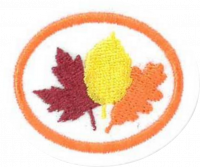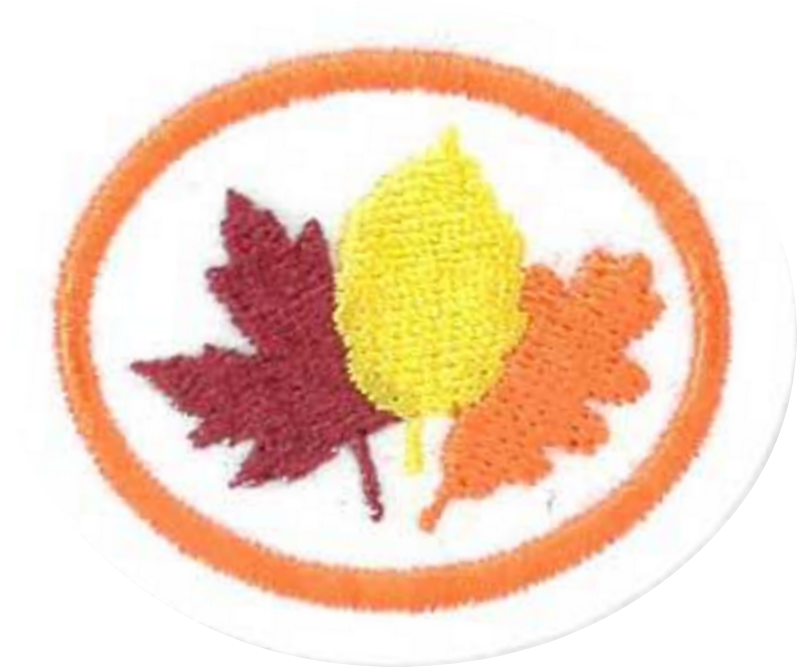AY Honor Temperate Deciduous Forests Requirements
Skill Level
1
Year
2016
Version
01.02.2026
Approval authority
North American Division
1. Describe or explain the following information about temperate deciduous forests:
- a. In simple terms, describe a temperate deciduous forest.
- b. List several characteristics of temperate deciduous forests.
- c. Provide other names that are used for the temperate deciduous forest.
- d. From a map, show the continents where temperate deciduous forests can be found.
- e. Define biome. What is usually found north of the temperate deciduous forest?
2. Identify, from pictures or in nature, four types of trees commonly found in temperate deciduous forests.
3. Explain why leaves turn color in the fall.
4. Read Genesis 1:11-13. Discover when Genesis 1 says the trees were created.
5. Identify, from pictures or in nature, at least five species of flowering plants commonly found in a temperate deciduous forest. Why are they usually only found in spring?
6. Identify, from pictures or in nature, at least five species of mammals commonly found in the temperate deciduous forests.
7. Identify, from pictures or in nature, at least five types of birds commonly found in temperate deciduous forests.
8. List important resources provided to your region by temperate deciduous forests.
9. Learn about one invasive species that affects temperate deciduous forests.
10. Prepare an object lesson about a plant, animal, or bird which lives in temperate deciduous forests. Share this lesson in a group setting such as a club/unit worship, children’s story in church, campfire, or vespers.
11. Do at least three of the following activities:
- a. Visit an exhibit or conservatory of deciduous tree species.
- b. Make a collection of at least five types of leaves from temperate deciduous forest trees.
- c. Visit a zoo or nature center where there are animals typical of the temperate deciduous forests biome.
- d. Watch a video about temperate deciduous forests, or plants or animals that live in temperate deciduous forests.
- e. Draw or paint a picture of something you had fun learning about while studying temperate deciduous forests.
- f. As a group, make a short video about a real life temperate deciduous forest conservation project. Explain why this specific habitat should be saved.
- g. Visit a lumber store and learn to identify by their grain texture at least three species of trees that are deciduous.


